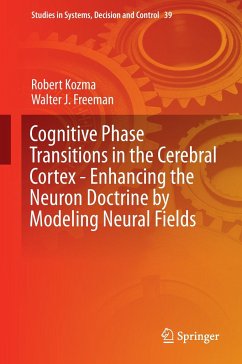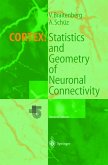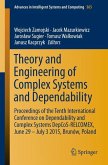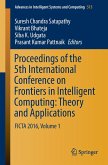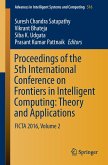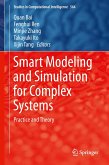This intriguing book was born out of the many discussions the authors had in the past 10 years about the role of scale-free structure and dynamics in producing intelligent behavior in brains.
The microscopic dynamics of neural networks is well described by the prevailing paradigm based in a narrow interpretation of the neuron doctrine. This book broadens the doctrine by incorporating the dynamics of neural fields, as first revealed by modeling with differential equations (K-sets). The book broadens that approach by application of random graph theory (neuropercolation). The book concludes with diverse commentaries that exemplify the wide range of mathematical/conceptual approaches to neural fields.
This book is intended for researchers, postdocs, and graduate students, who see the limitations of network theory and seek a beachhead from which to embark on mesoscopic and macroscopic neurodynamics.
The microscopic dynamics of neural networks is well described by the prevailing paradigm based in a narrow interpretation of the neuron doctrine. This book broadens the doctrine by incorporating the dynamics of neural fields, as first revealed by modeling with differential equations (K-sets). The book broadens that approach by application of random graph theory (neuropercolation). The book concludes with diverse commentaries that exemplify the wide range of mathematical/conceptual approaches to neural fields.
This book is intended for researchers, postdocs, and graduate students, who see the limitations of network theory and seek a beachhead from which to embark on mesoscopic and macroscopic neurodynamics.

